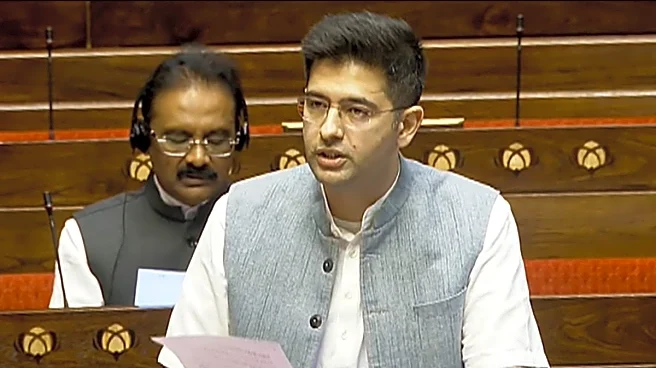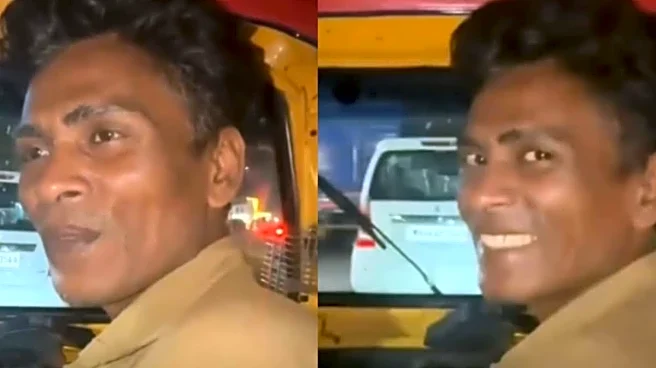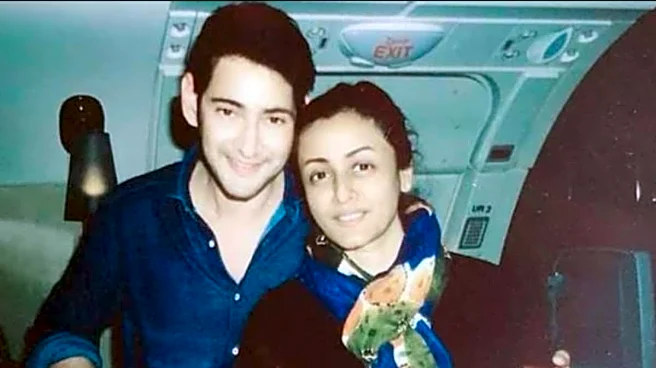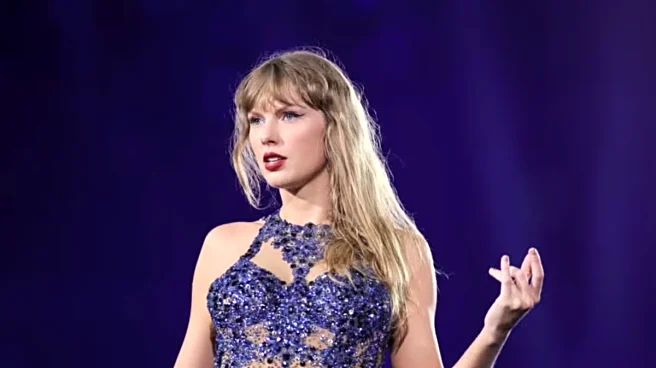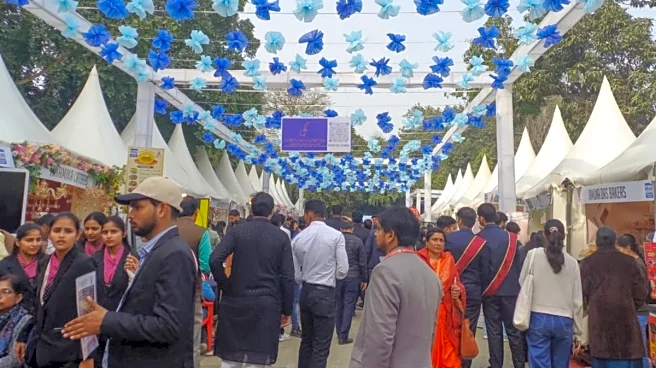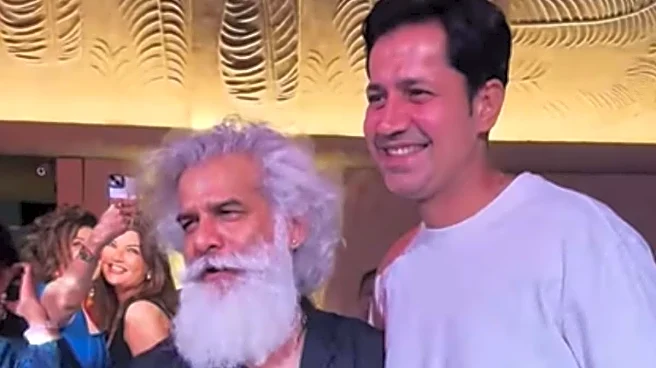New Delhi, Nov 26 (PTI) The Supreme Court on Wednesday expressed concern over a “growing trend” in the apex court of judgements being overturned by succeeding benches or specially constituted benches at
the behest of some party aggrieved by the previous verdicts.
A bench of Justices Dipankar Datta and Augustine George Masih said by upholding the finality of verdicts, not only is endless litigation prevented but public confidence in the judiciary is also maintained.
“We have rather painfully observed a growing trend in this Court (of which we too are an indispensable part) of verdicts pronounced by Judges, whether still in office or not and irrespective of the time lapse since pronounced, being overturned by succeeding benches or specially constituted benches at the behest of some party aggrieved by the verdicts prior in point of time,” the bench said.
The top court said though elementary, it requires restatement that it is fundamental to the rule of law to maintain the sanctity and finality of judicial verdicts.
“Judicial orders which determine issues arising between the parties to the lis (dispute) bind them, and its conclusive nature ensures resolution of disputes so that justice is served. The strength of judicial power lies less in the hope of perfection and more in the confidence that decisions, once made, are settled,” the bench said.
The apex court said the object of Article 141 of the Constitution seems to be this: the pronouncement of a verdict by a bench on a particular issue of law (arising out of the facts involved) should settle the controversy, being final, and has to be followed by all courts as law declared by the Supreme Court.
The bench said if a verdict is allowed to be reopened because a later different view appears to be better, the very purpose of enacting Article 141 would stand defeated.
The prospect of opening up a further round of challenge before a succeeding bench, hoping that a change in composition will yield a different outcome, would undermine this court’s authority and the value of its pronouncements, it said.
“A matter that is res integra may not be reopened or revisited or else consistency in legal interpretation could be compromised and the special authority that is invested in decisions of this Court, under Article 141, lost. The weight and influence of that special authority depend on the credibility we, the Judges, give to it. As Judges of this Court, we are alive to the position that overturning a prior verdict by a later verdict does not necessarily mean that justice is better served,” the bench said.
Interestingly, a bench led by former Chief Justice B R Gavai recently overturned the judgment in Vanashakti vs Union of India, allowing for post-facto environmental clearances in exceptional cases.
Justice Abhay S Oka (now retired) had struck down the Centre’s practice of granting post-facto environmental clearances in May 2025.
Recently, a Constitution bench headed by former CJI Gavai held that governors cannot indefinitely sit on bills passed by state legislatures while answering a presidential reference that questioned whether courts could fix deadlines for constitutional authorities.
On April 8, a bench of Justices J B Pardiwala and R Mahadevan had put a three-month deadline to decide whether or not to give assent to state bills referred to the president by a governor. PTI PKS KVK KVK





